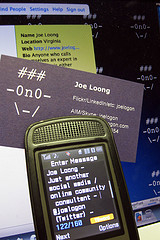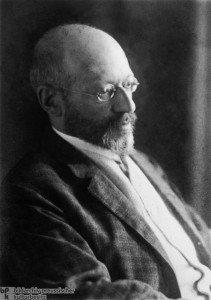
Think of it like this: Once, workers had unions. Now they have parties.
In the Silicon Valley (and, we’d argue, most other areas), the workday doesn’t stop at 5pm. But working the late shift, writes Chris O’Brien in the Silicon Valley Mercury News, is less about pounding coffee and more about cocktails and socializing—a new form of required labor for the dot-com and post-Internet boom eras. O’Brien looks to the work of sociologist Gina Neff and her new book Venture Labor: Work and the Burden of Risk in Innovative Industries to show how the parties these high tech workers attend (and feel pressured to attend) signal a shifting relationship between work and risk. The basic idea is a key, neoliberal ideal: “individuals… are told success is theirs if they just work hard and network enough.”
Neff told O’Brien that the workers she interviewed reported not wanting to go to the various social functions, but feeling like every time they skipped out, they were further out of the loop of well-known workers on the radar of employers and investors:
One woman Neff interviewed laments that her inability to attend parties after she got pregnant hurt her career: “That’s what derailed my rise. Because a lot of this is about going out and networking a lot and I just stopped.”
And maybe the dot-com boom seems a little out of date, but O’Brien points out that the responsibility for not getting laid off (or bouncing back after a layoff) is increasingly absorbed by workers themselves. It’s on them to always have secondary career options, get their business card into the right hands, and have the right numbers in their phones should they get a pink slip one day. Uncertainty has made hitting the social scene, O’Brien writes, more crucial than ever.

